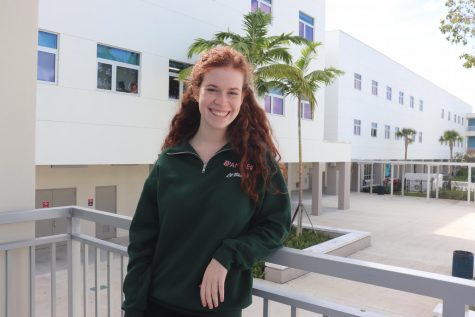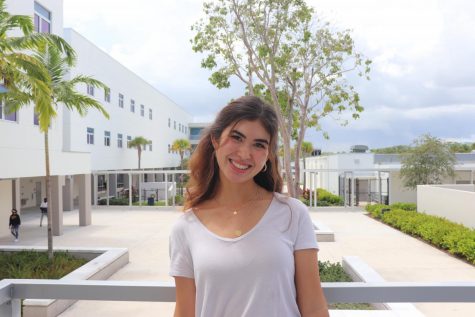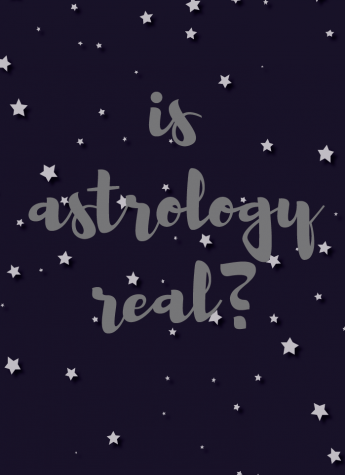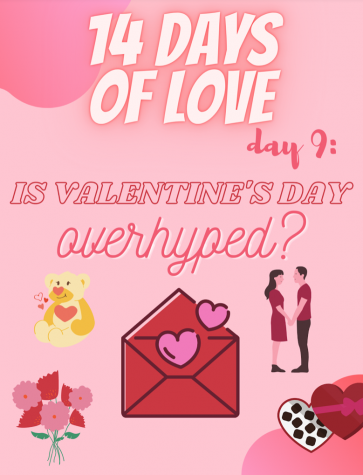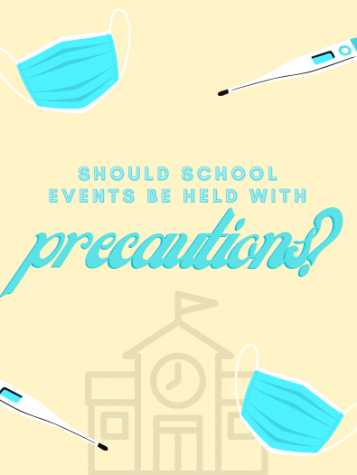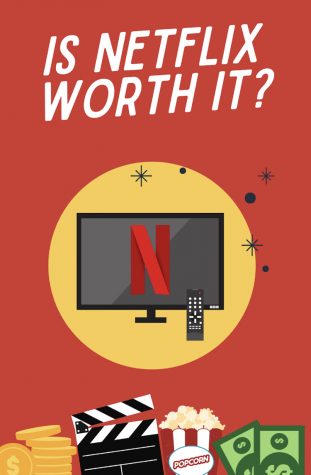FACEOFF: Will You Take the COVID-19 Vaccine When it is Made Available
December 7, 2020
Yes-N.M
This Thanksgiving, I felt nervous and unhappy. My normally happy dinner with my grandparents and extended family looked bleak; it only had a sliver of the traditions it generally did. I did not hug my grandma and do not plan on it until I have the vaccine, which I mean to take as soon as I get the chance to.
I know the vaccine trials went faster than they normally would. These are not normal times, and when everything else seems uncertain, I know I must trust the scientists and health professionals who tell me these vaccines are safe. I have to, because I do not have the liberty of waiting extra months to take a vaccine. Not when spreading the virus could harm my family, friends or even myself.
While these trials had an increased speed and urgency, they still used the same safe procedures that all other vaccine trials generally use. When even one thing went wrong, the entire trial shut down until the scientists could pinpoint the issue and ensure the vaccine did not cause it. According to the MayoClinic, this vaccine was not created from scratch, either. Though COVID-19 remains a novel virus, other coronaviruses similar to this one already have vaccines, making it simultaneously easier and safer to create this one. A large part of the extra time that vaccines normally take revolves around the immense funding required to get the projects off the ground. Due to the emergency nature of COVID-19, vaccine trials had no problem gathering funding at a rapid pace.
Taking the vaccine contributes to the herd immunity that the country needs to return back to normal. The U.S., despite its many benefits, differs from New Zealand or Australia. In the past week, the U.S. has added 1,225,870 COVID-19 cases to our total, not including the likely large amount of unreported asymptomatic cases. 277,825 people have lost their lives in the U.S. alone. We can not afford to sit around and wait, we have to take productive, united steps to beat this virus. In the absence of a national lockdown to stop the spread, a vaccine acts as the next best option. But just a few people taking it is not enough. To gain herd immunity and stop the suffering of Americans, we need a big push for as many people as possible to take the vaccine as soon as possible.
Even though the large majority of us may likely remain in good health even after catching the virus, some do not have this luck. Prolonging the spread of this virus when we have a fix in sight seems selfish, especially when the spread could lead to more deaths and more permanent damage to the health of many. Considering the virus is still so new, we also do not know the long term effects. Even if some people seem fine, COVID-19 could cause long term health problems. Preventing as many people as possible from contracting the virus works as the best solution, even if you think you will not suffer from any dangerous effects.
Some people love to talk about the need to reopen the country, and I agree. However, we cannot reopen without the fear (and oftentimes necessity) of heading back into lockdown without a safety net. As soon as the majority of the American people have the vaccine and the necessary antibodies, we can reopen for good, and help those unable to find a job.
A vaccine also helps us move past the need for masks. While I have no problem wearing them now in a time of need, it would feel nice to return to a time when I could leave my house without a face covering. I miss the times when I was unafraid to just breathe without the risk of catching a deadly virus with the potential to rip my family apart.
I have been lucky. No virus in my family. And as long as that luck persists, and we do not have the antibodies, we remain vulnerable. A vaccine removes that vulnerability.
Concerns about the vaccine, while valid in some cases, should not compare to the concerns of catching the virus. The only people who should wait until a little later include those who already had the virus. The rest of us should take it as soon as possible.
No-K.P.
I am sure I am not alone in my desperation for a COVID-19 vaccine. In fact, I want it more than almost anything. However, when a vaccine does become available, I do not plan on taking it right away — I plan on waiting a few extra months to make sure it is sufficiently safe.
The COVID-19 pandemic necessitated that drugmakers, such as Pfizer and Moderna, shorten their vaccine development timetable. While the typical vaccine takes over ten years to complete, requiring extensive academic research and multiple trial phases before distribution, the Pfizer and Moderna vaccines, on the other hand, took less than one year. While an incredible scientific achievement, it calls into question the safety of a vaccine developed in approximately 1/10th of the time as a typical vaccine. The large number of scientists working on the project could perhaps account for four or five years, but that still leaves a good two to three years of cut corners and shortened, fewer or overlapping trials. Even therapies fully approved by the Food and Drug Administration can end up causing extremely negative side effects, such as Vioxx, recalled after causing heart attacks; Bextral, recalled after causing strokes and a fatal skin disease and Baycol, recalled after causing kidney failure.
Typically, vaccine developers must receive the FDA’s official stamp of approval before a vaccine can be used on the general public. However, Pfizer, Moderna and other vaccine front runners have requested Emergency Use Authorization from the FDA, which is not the same as approval or clearance; it means the FDA allows the use of a medicine, or in this case, a vaccine, without requiring all the evidence that would be necessary for approval. Put differently, these vaccines have been held to a much lower safety standard than usual, making it smarter not to rush to receive it.
A caveat remains: for those at high risk of either catching the virus or dying if they do catch it, the analysis may be different. Some, after all, argue that the risks of taking the vaccine outweigh the danger of catching the virus. They are right, but only in limited cases — for example, if one has significant risk factors or is a first responder who comes into contact with COVID-19 patients every day — but for everyone else, taking the COVID-19 vaccine too soon could potentially be worse than catching the virus. Catching COVID-19, for the majority of people, is unlikely to be deadly. Uncomfortable, sure, but again, unlikely to be fatal; according to Forbes and the Centers for Disease Control, for those under the age of 20, the risk of dying from COVID-19 is less than .003%, for those under 50 it’s .03% and even for those under 70, it is less than 0.6%. By contrast, we do not know the long-term effects of taking this vaccine, and these unknowns have the potential to be worse than the symptoms of COVID-19, particularly for someone like me (and some other high schoolers), under 50 with no pre-existing health conditions or risk factors.
If this were a vaccine for any other virus, I would not have an issue taking it immediately. Unfortunately, the development of this vaccine was ultra-fast tracked due to the urgency of the situation, meaning that, in some cases, vaccine developers had to cut corners by doing less pre-research and shortening trials. While some argue that it still had to go through multiple stages of testing and had to be approved by the FDA, standards for emergency approval appear lower. The shortened development time span in conjunction with less stringent approval standards forces me to question the vaccine’s safety, and means I shall not be taking it immediately. For me, as well as the majority of Americans, the risks of taking the vaccine greatly outweigh the danger of catching COVID-19; it remains smarter to wait until the government releases more information about early takers’ response to the vaccine and any potential, serious complications.



